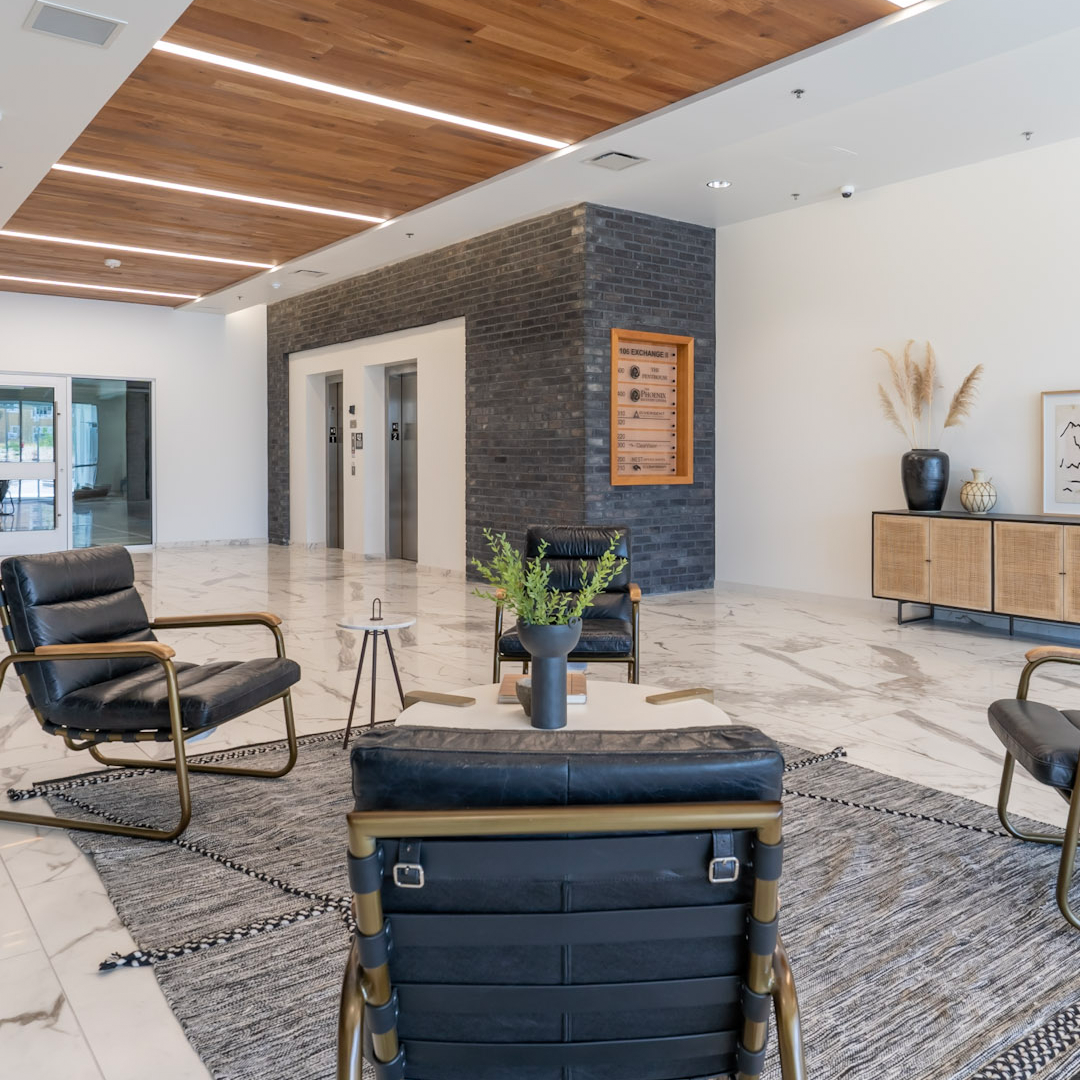Bipolar Disorder Treatment
Bipolar disorder is a biological disorder. Also known as manic-depressive illness, bipolar disorder affects a person’s mood, energy and their day-to-day function.
According to the National Institute of Mental Health, 5.7 million American adults suffer from bipolar disorder in a given year. That is about 2.6% of the U.S. population ages 18 and older. Children and teens can also experience bipolar disorder, however, many are not diagnosed.
At the Phoenix Recovery Center, we offer individualized treatment programs for mental health disorders, including treatment for bipolar disorder. In addition, we know and understand the science of chemical dependency with its associated neurological changes and its impact upon the pleasure system, emotions, learning, memory, motivation, and most importantly, the ability to exercise choice. We know and understand the biological and psychological science that support treatments in trauma, emotional disorders, and other mental health concerns.



